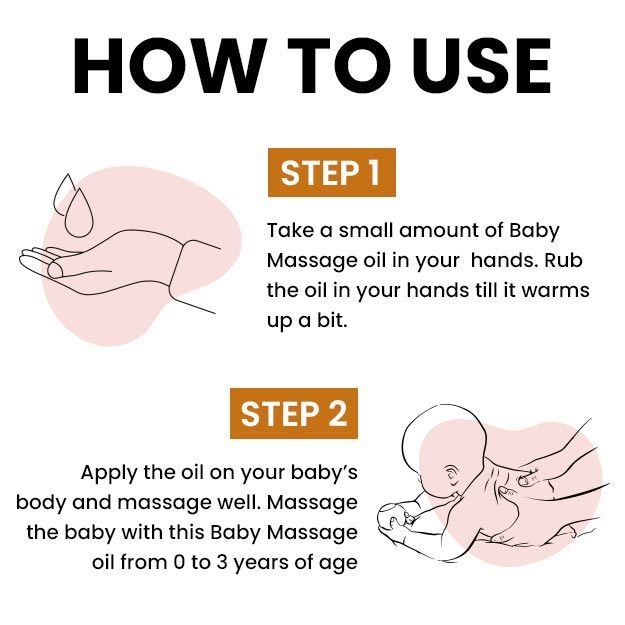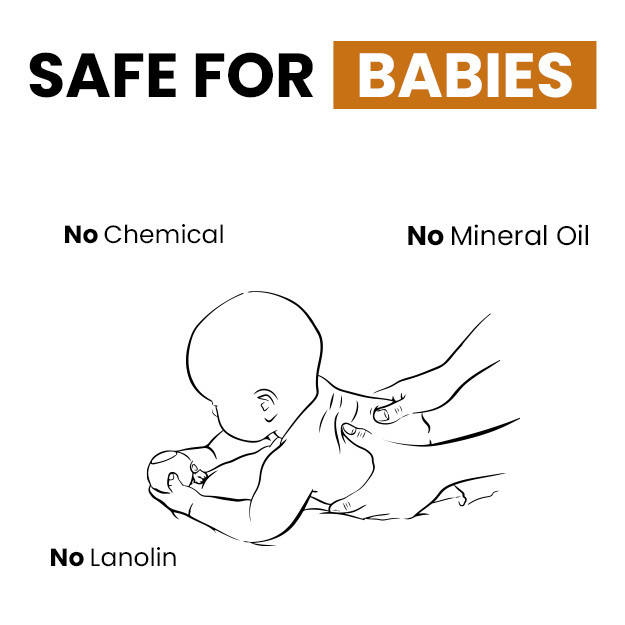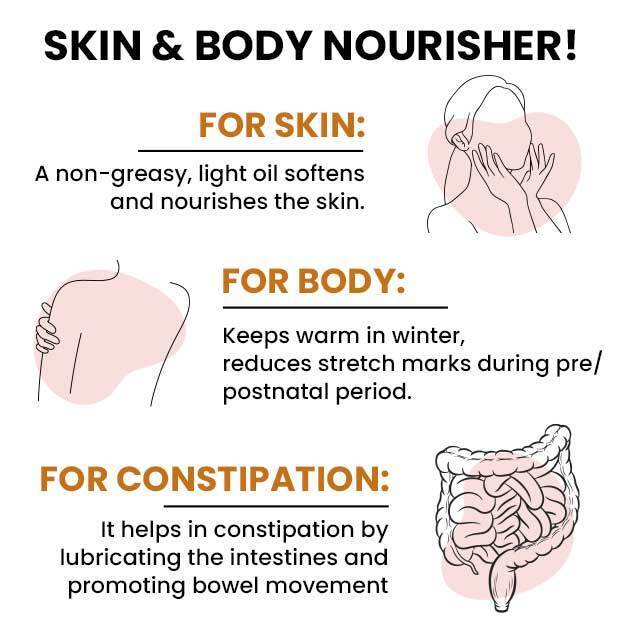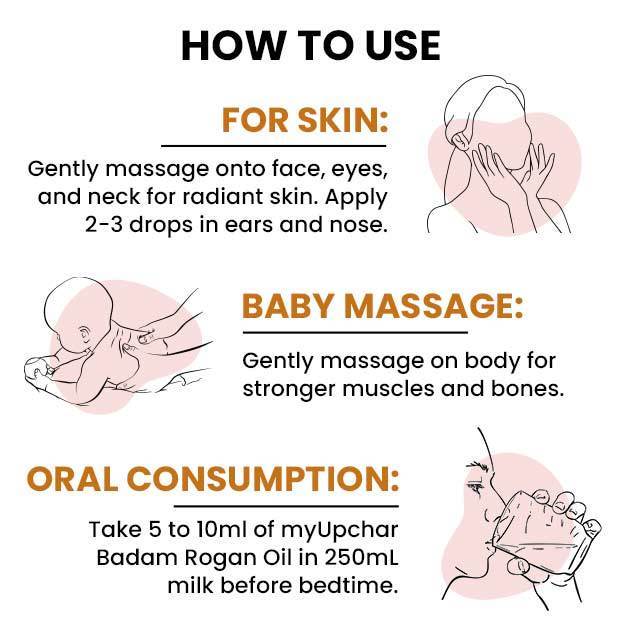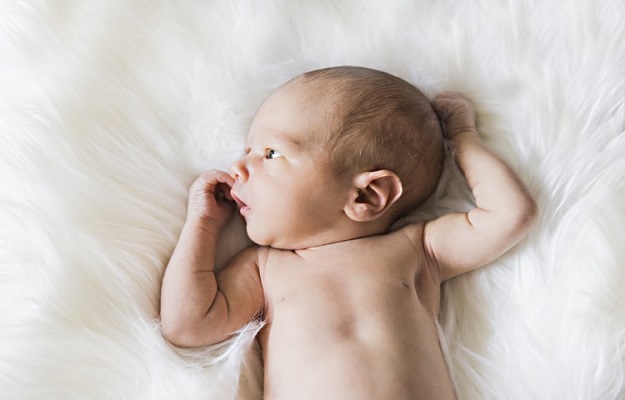So, you are a mother now, and you just can’t stop gushing about your baby. For you, he is the most beautiful gift of life. You wait for him to wake up and look at you with those tiny little eyes, but it seems like he may like his sleep more. Truth is your baby is as tired as you after going through all those contractions and finally coming out into this world. And on top of that, he has to prepare for his first growth spurt in the coming week. He needs lots of rest and thus will sleep a lot to keep him recharged and fueled up.
But how much is too much? And what is the normal sleeping pattern of the baby during his first day?
Read on to find out.








